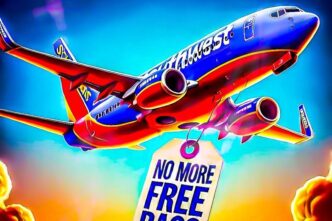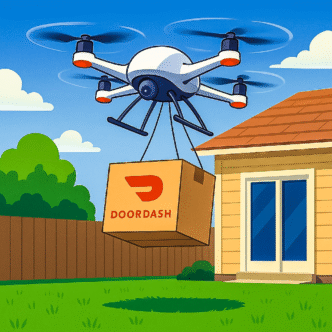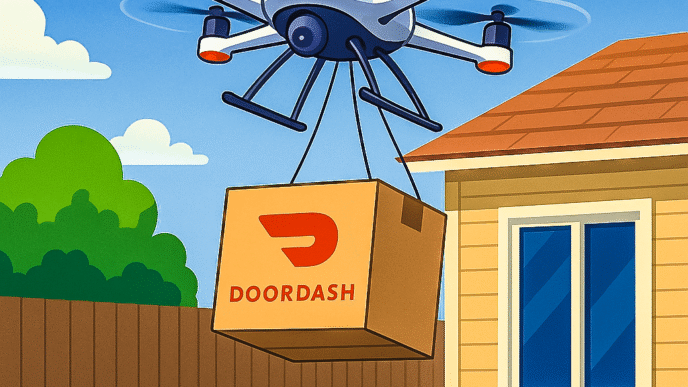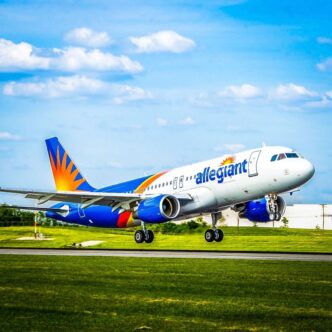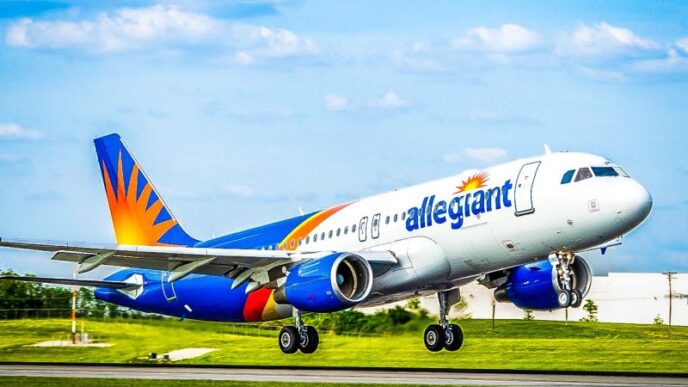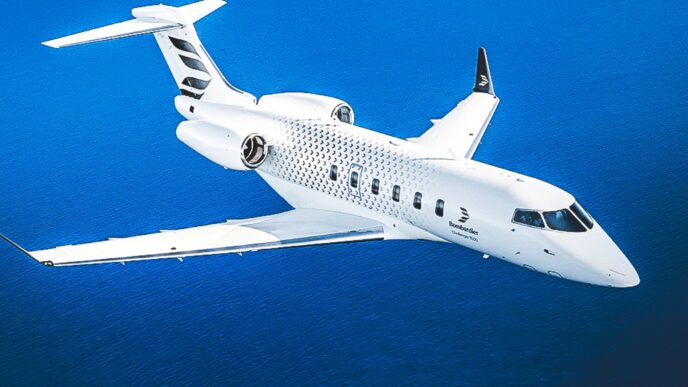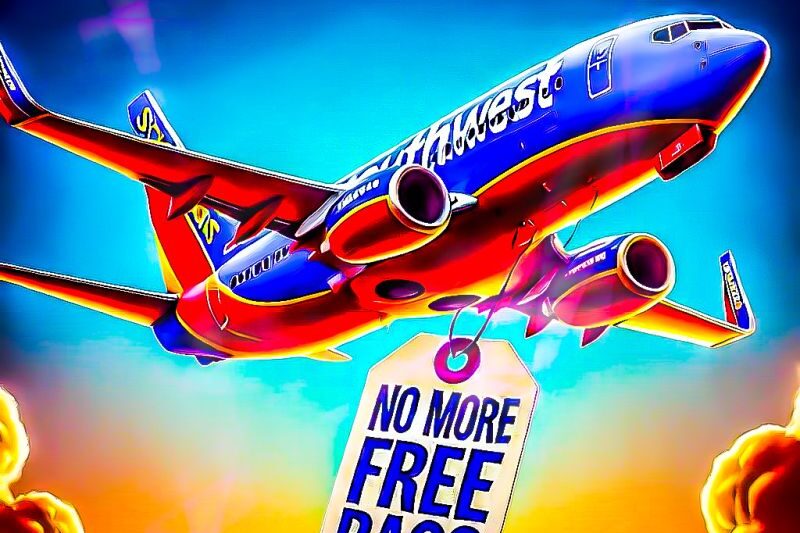
For over 40 years, Southwest Airlines has prided itself on standing apart from the competition, offering two free checked bags while other major U.S. carriers turned baggage fees into a multibillion-dollar revenue stream. This policy wasn’t just a perk—it was a key part of Southwest’s identity, reinforcing its reputation for simplicity, transparency, and customer-friendly service.
Now, that era is coming to an end. Southwest has officially announced that beginning with flights booked on or after May 28th, 2025 it will start charging for checked bags, marking a major shift in its business model. The decision is bound to spark debate among frequent travelers and industry professionals, but looking deeper, it’s clear this move isn’t happening in isolation.
The airline industry has faced significant financial headwinds over the past few years. Rising fuel costs, labor expenses, and operational inefficiencies have put pressure on carriers to find new ways to boost revenue. While Southwest has traditionally resisted ancillary fees, the reality is that baggage fees generate billions in annual revenue for other major airlines—in 2022 alone, U.S. carriers collected over $6.7 billion in baggage fees.
But the biggest catalyst may be the growing influence of Elliott Management, an activist investment firm that took a large stake in Southwest last year. Elliott is known for aggressively pushing companies to cut costs and maximize profitability. Their involvement suggests that Southwest is being pressured to adopt more industry-standard practices to improve its financial position.
For many travelers, Southwest’s free bag policy was more than just a cost-saving feature—it was a symbol of the airline’s unique customer-first approach. The airline has long marketed itself as a low-cost carrier without the hidden fees that frustrate passengers on other airlines. By eliminating free bags, Southwest risks alienating its most loyal customers and losing a key differentiator in an already competitive market.
Southwest’s decision also raises broader questions about the future of airline pricing models. Over the past two decades, airlines have increasingly shifted toward an à la carte pricing structure, charging passengers separately for checked bags, seat selection, early boarding, and other services. This shift allows airlines to advertise lower base fares while making up the difference through fees.
From a financial standpoint, Southwest’s decision makes sense—baggage fees could provide a significant revenue boost at a time when the airline faces increasing economic pressure. However, the risk of damaging customer trust and eroding brand loyalty shouldn’t be underestimated.
hashtag#Aviation hashtag#SouthwestAirlines hashtag#AirlineIndustry hashtag#TravelNews hashtag#Baggage
